Funding for hydrogen materials research
Cranfield University in the UK has been awarded over £0.5 million for a range of manufacturing projects, including three initiatives focused on how materials respond to hydrogen, which could help accelerate the adoption of hydrogen-fuelled engines and assist industries with reaching net zero carbon emissions.
With funding from The Henry Royce Institute through its Industrial Collaboration Programme, Cranfield’s specialist facilities in the Surface Engineering and Precision Centre (SEPC) are set to advance understanding of how materials behave and react with hydrogen, paving the way for wider use of this clean fuel.
Professor Dame Helen Atkinson, Pro-Vice-Chancellor of the School of Aerospace, Transport and Manufacturing, welcomed the news: “Hydrogen is one of the most exciting clean energy developments but it simply can’t scale up without this crucial work to make the production, transport and storage of it cost-effective and feasible. This funding will enable Cranfield’s specialist facilities and expertise in this area to support the developments that industry absolutely needs to move forward with a net zero agenda.”
Adapting existing engines to run with hydrogen or Sustainable Aviation Fuels could be an effective solution to reduce CO2 emissions from transport, as hydrogen combustion only produces water vapour and nitrogen oxides. But water vapour corrosion of components can be a significant issue in hydrogen-fuelled engines, currently being developed for aerospace and automotive industries. It is estimated that hydrogen combustion in an aerospace gas turbine produces 2.6 times more water vapour than kerosene fuel, which could lead to corrosion in engine components, currently optimised for kerosene.
Project SAUNA
Project SAUNA, in collaboration with Rolls-Royce, Zircotec and Imperial College London, will examine corrosion in materials operating in environments with up to 100% water vapour volume. Testing capabilities covering the temperature and water vapour ranges required by industry do not currently exist, so this project will upgrade a horizontal tube furnace at Cranfield University to test in up to 100% water vapour and 1,000 degrees Celsius.
“This facility will be of fundamental importance to all industries aiming to develop hydrogen-fuelled engines, and the data on a range of key materials and coatings will help commercialise hydrogen-fuelled engines, helping aviation and transport industries to achieve net zero emission goals,” commented Cranfield University.
Moving aviation to hydrogen power
Gas turbine powered aircraft account for 96% of current aviation carbon emissions, so moving aviation to alternative energy sources is key for zero carbon flight. Establishing materials that are compatible and safe with hydrogen is an urgent priority and will be essential for the future certifications of hydrogen powered gas turbines.
To read the rest of this article, see the May issue of International Sheet Metal review on https://joom.ag/Uw8d/p18


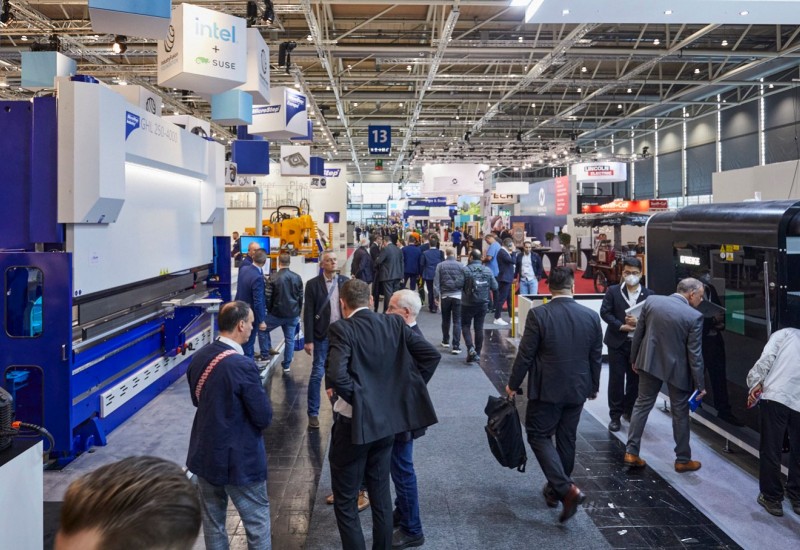

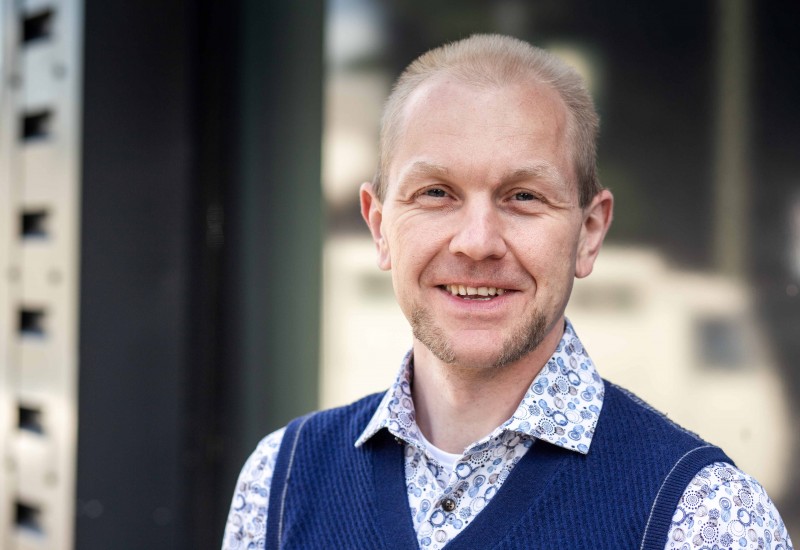
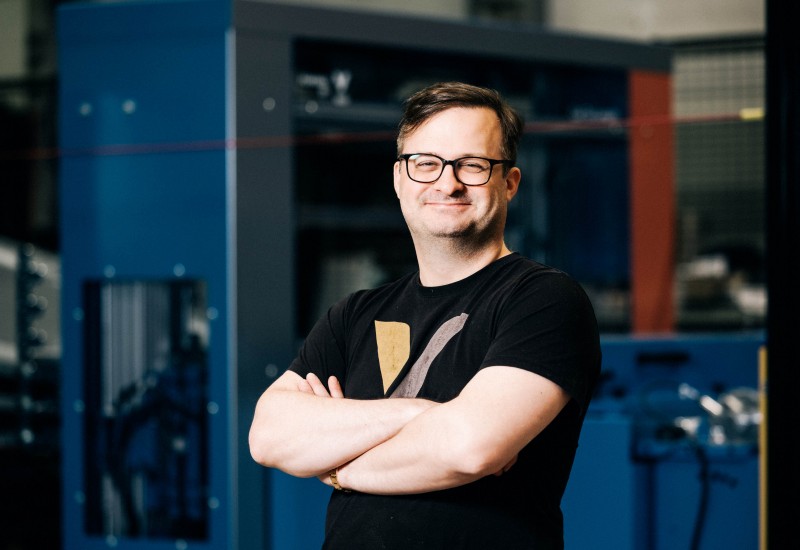


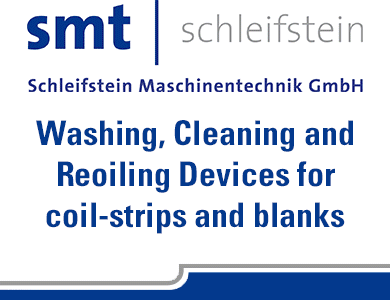




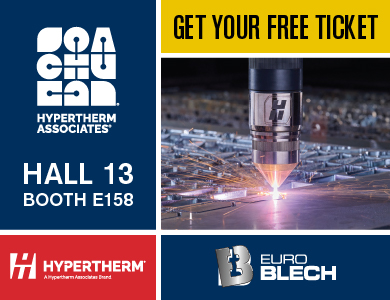


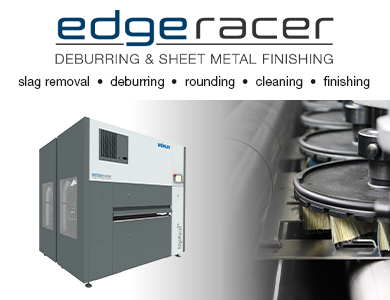



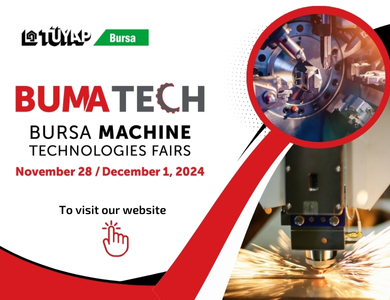









Recent comments